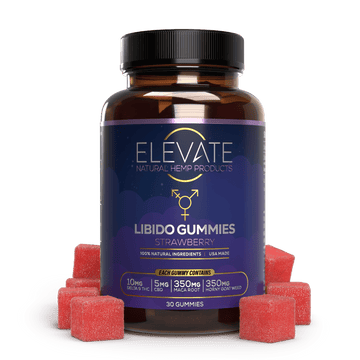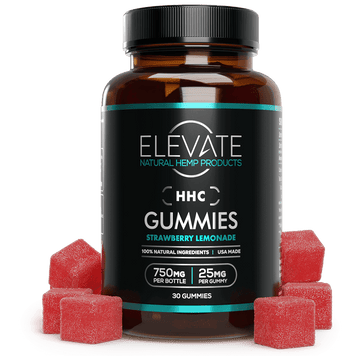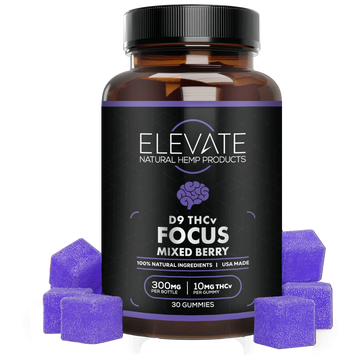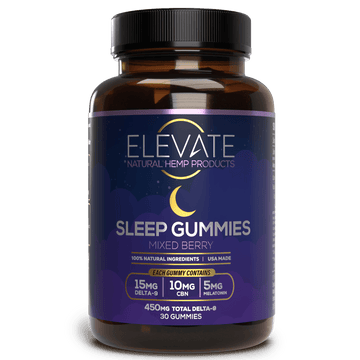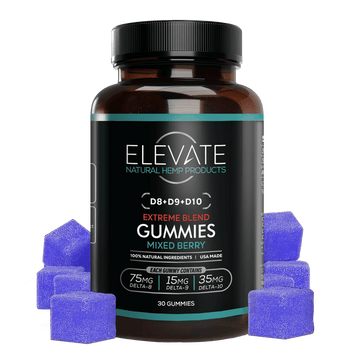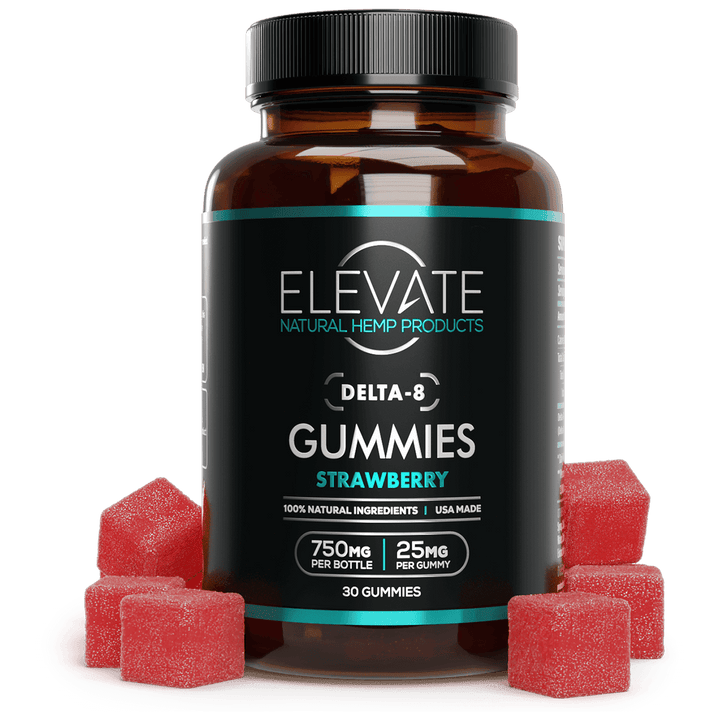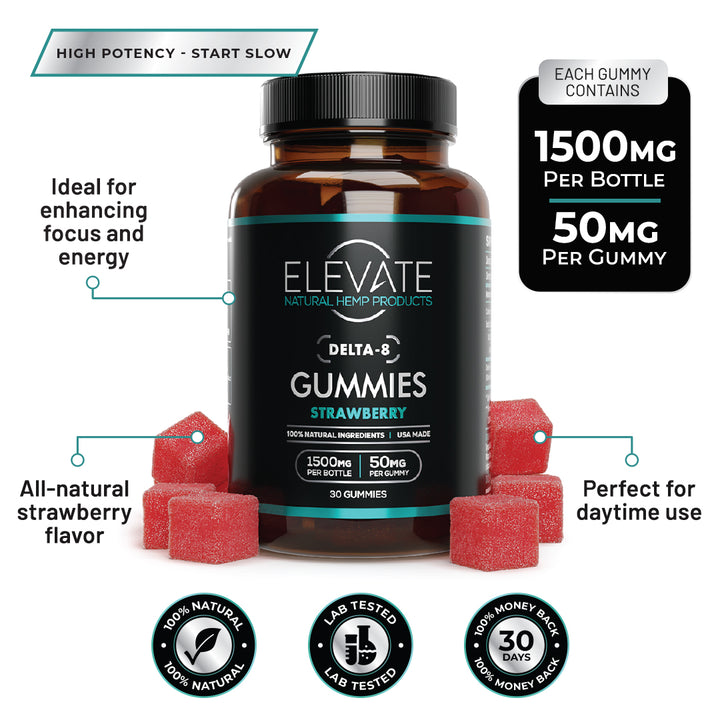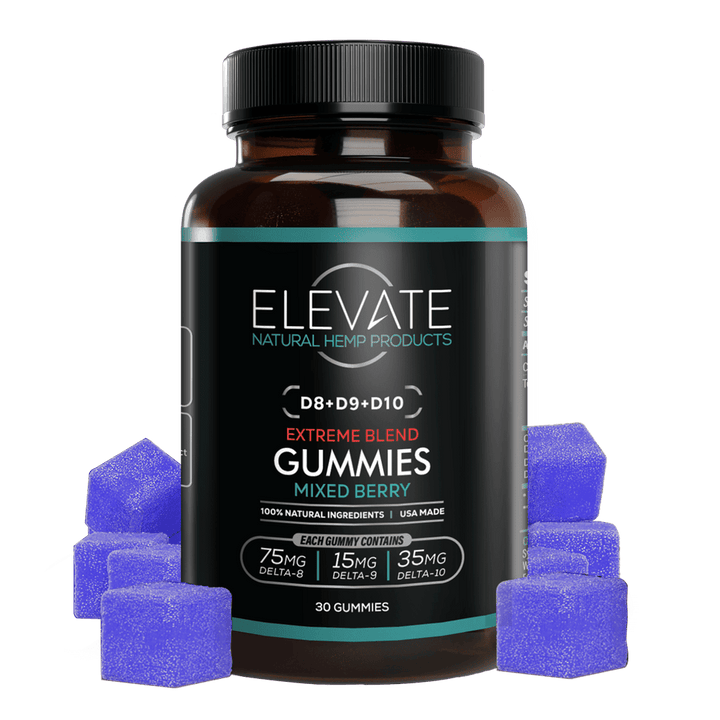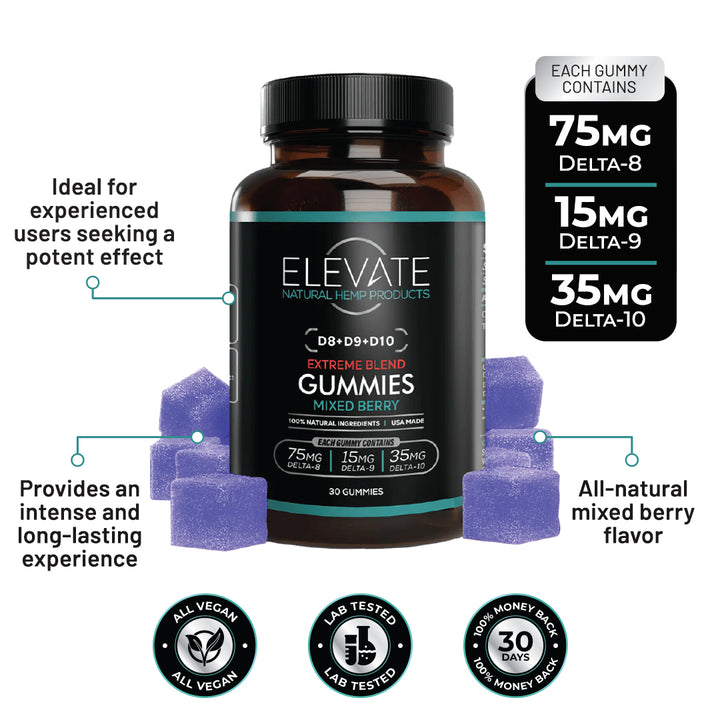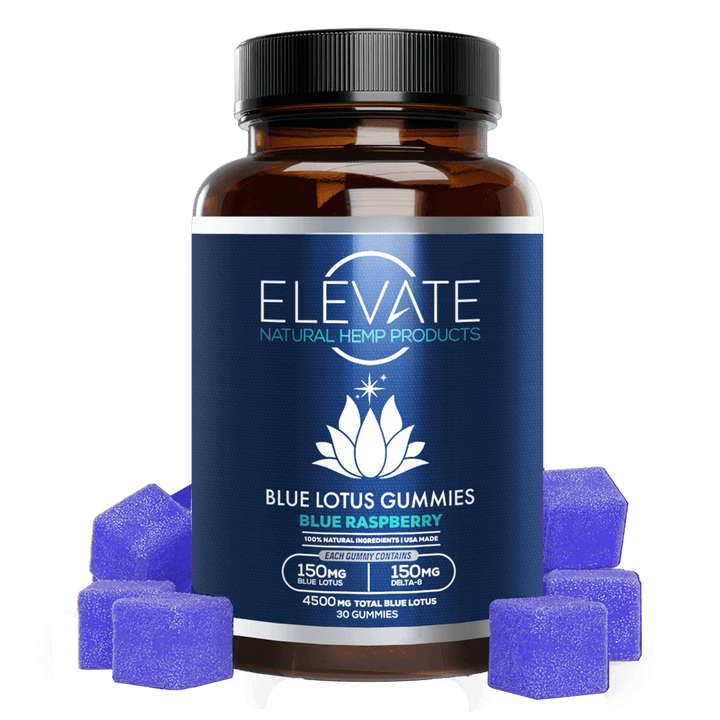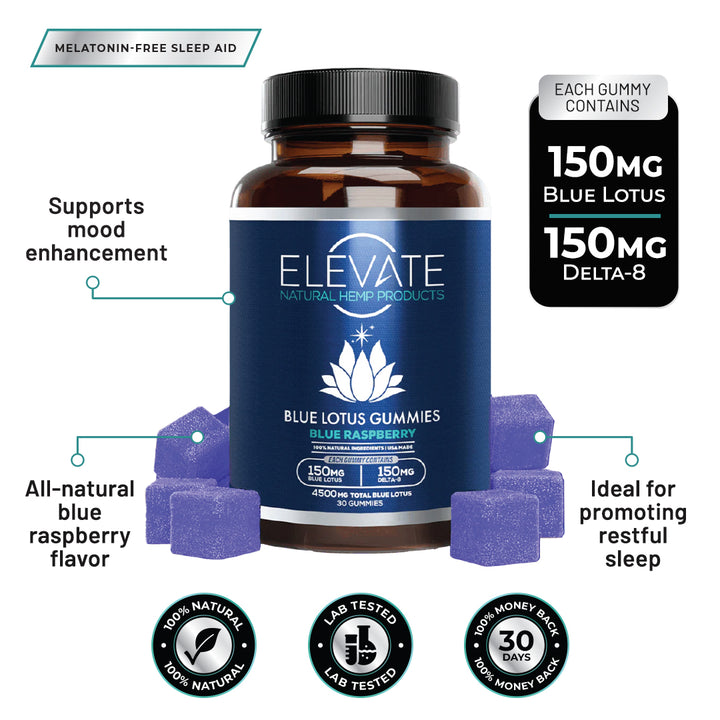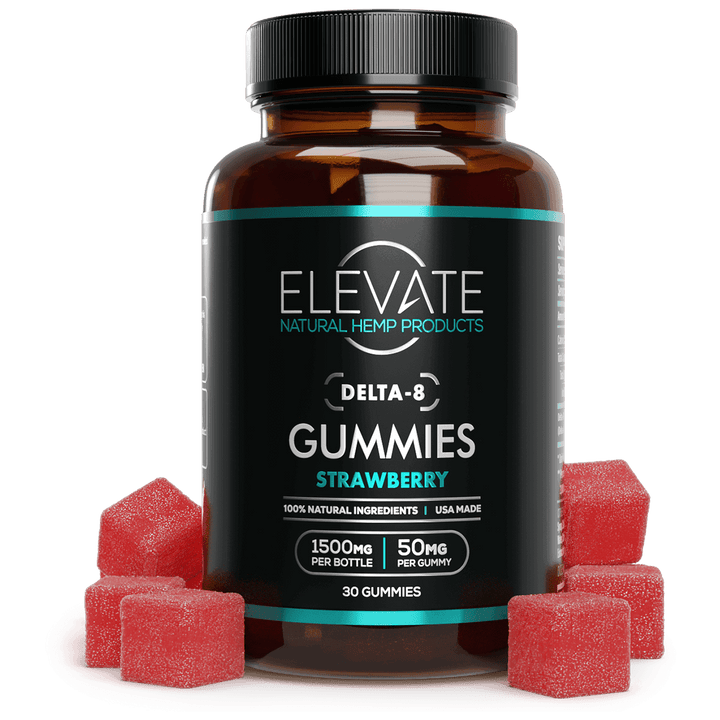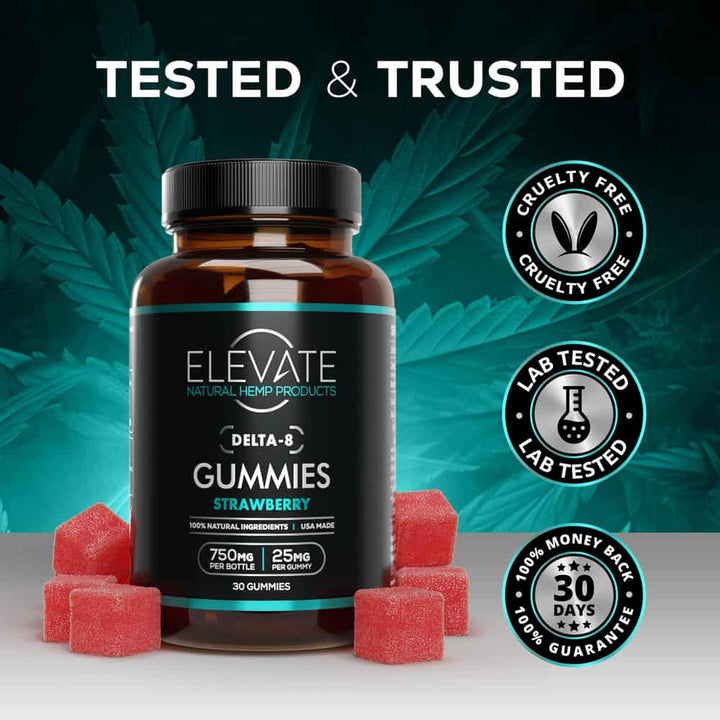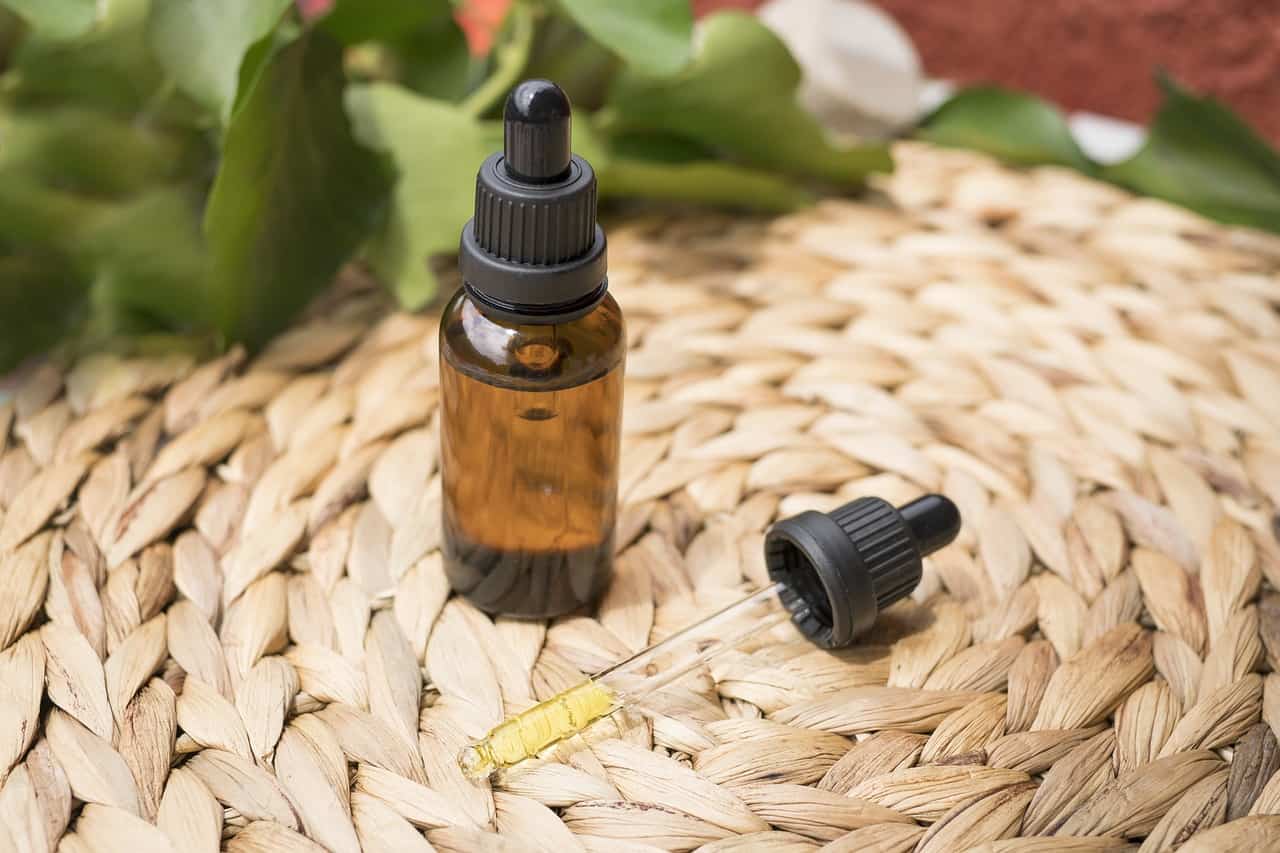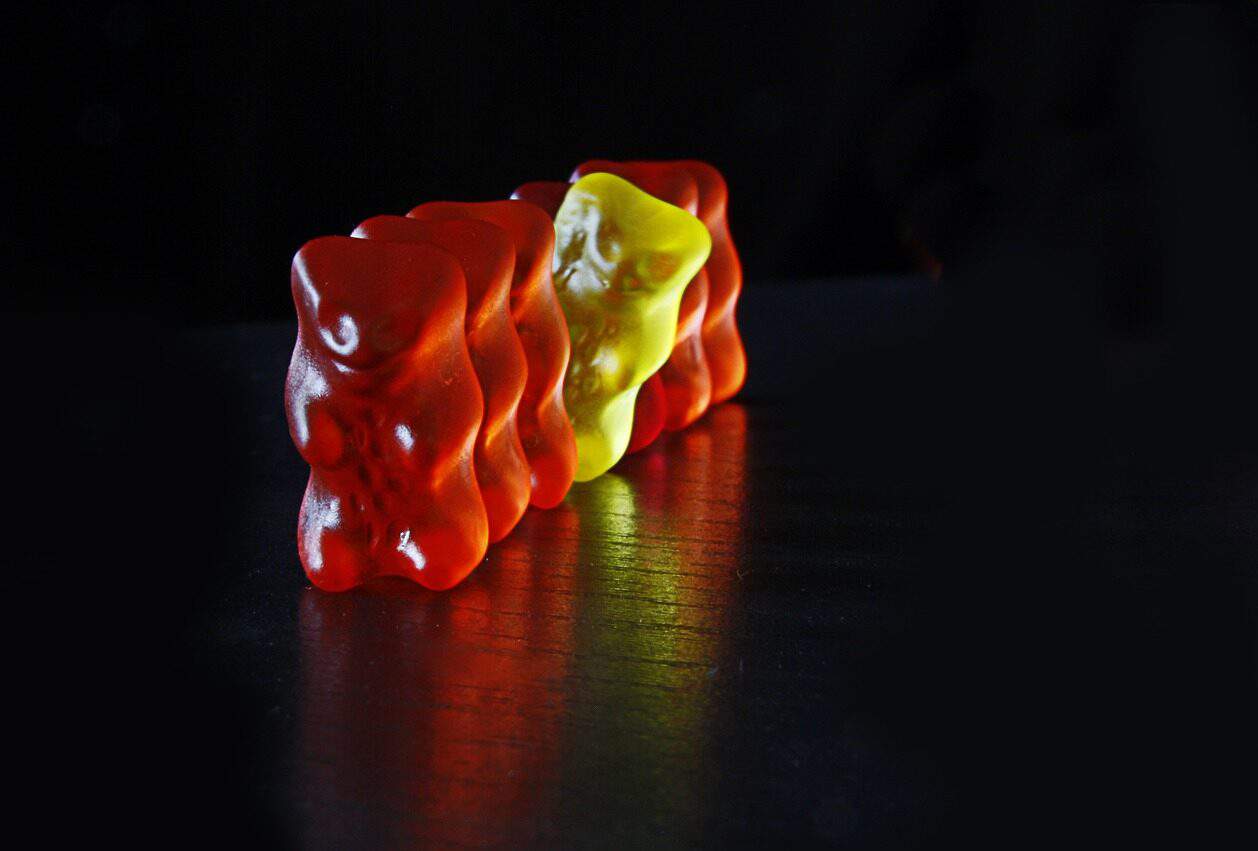You've seen the names, but what's the real story behind Delta-9 Delta-10 THC? While they sound almost identical, these two cannabinoids offer completely different experiences. They've emerged as prominent players in the cannabis world, each with a distinct set of characteristics and effects. It all comes down to a tiny shift in their molecular structure. Consider this your guide to understanding and comparing these fascinating compounds, so you can find the perfect fit for your wellness routine.
We’ll take you on a journey through the science, effects, and availability of Delta-9 THC and Delta-10 THC, enabling you to make an informed choice that best suits your needs and preferences. So, let’s dive straight into the world of cannabinoids, without further ado, and discover which of these compounds resonates with you.
What is Delta-9 THC?
Delta-9 THC, scientifically known as Delta-9 tetrahydrocannabinol, stands as the cornerstone of the cannabis experience. This psychoactive compound is not only the most prevalent within the cannabis plant but also the primary contributor to the characteristic euphoria and intoxication that has made cannabis famous.
It’s the interaction with the CB1 receptors in the brain that sets the stage for the iconic “high” that cannabis enthusiasts seek and cherish.
When Delta-9 THC binds to these CB1 receptors, it triggers a cascade of biochemical reactions within the brain, leading to a myriad of effects. These effects can vary from person to person, but they often include a profound sense of euphoria, altered sensory perception, and a feeling of intoxication. This is where the familiar giggles, the enhanced appreciation of music and art, and the legendary “munchies” come into play.
How THC Interacts with the Endocannabinoid System
So, how does THC actually work its magic? Your body has a built-in network called the endocannabinoid system, or ECS. Think of it as your body's master regulator, helping to maintain balance in functions like mood, pain perception, memory, and even sleep. THC, being a key chemical from the cannabis plant, fits perfectly into this system. It primarily binds with CB1 receptors, which are concentrated in your brain and central nervous system. This interaction is what kicks off the chain of biochemical reactions that lead to the various effects you feel, from a shift in mood to a different perception of your surroundings. It's this clever biological handshake that allows products like THC for sleep to support your body's natural rhythms.
FDA-Approved Synthetic THC
It's worth noting that there is a man-made, synthetic version of Delta-9 THC that has been approved by the FDA. This drug, known as dronabinol (Marinol), is prescribed by doctors to help with severe nausea from chemotherapy or to address appetite loss in people with HIV. However, this is very different from the hemp-derived products you find on the market. The FDA has not evaluated or approved most consumer cannabis products for safety or effectiveness. This makes it incredibly important to choose your products wisely. Always look for brands that are transparent about their ingredients and provide third-party lab results, ensuring you're getting a quality product like our Delta 9 gummies.
What is Delta-10 THC?
Delta-10 THC, while closely related to Delta-9 THC, is a novel and distinct cannabinoid that has gained attention in recent times. Its structural similarity to Delta-9 THC is apparent, yet it carries a subtle twist in its molecular configuration. This subtle difference sets it apart and gives rise to unique properties, making it a subject of interest in the world of cannabis.
The minor molecular variance in Delta-10 THC influences its interaction with the body’s endocannabinoid system, affecting the way it binds to receptors and consequently, the effects it elicits. It’s this difference in interaction that results in the distinct characteristics associated with Delta-10 THC, setting it on a separate path from its more widely recognized counterpart.
How Delta-10 is Made
Unlike Delta-9, which is abundant in cannabis, Delta-10 THC is found in such tiny amounts naturally that it’s not practical to extract directly from the plant. Instead, it’s typically created in a lab. The process usually starts with CBD extracted from legally grown hemp. Through a chemical process involving heat and catalysts, chemists can rearrange the molecules of CBD to convert it into Delta-10 THC. Because it starts with a natural compound but is altered in a lab, it's often called "semisynthetic." This conversion process is what makes Delta-10 more widely available, allowing people to explore its unique properties even though it’s a minor cannabinoid in its natural state.
The State of Delta-10 Research
When it comes to scientific research, Delta-10 is still the new kid on the block. There are currently no significant scientific studies on how Delta-10 specifically affects the human body or brain. This means we don't have solid clinical data on its potential benefits, long-term effects, or overall safety profile. Most of what we know about its effects, such as its reported uplifting and energizing feelings, comes from user experiences and anecdotal reports rather than controlled trials. As the cannabis industry continues to grow, we hope to see more formal research dedicated to understanding this fascinating compound and its potential applications.
Comparing Delta 9 and Delta 10
When it comes to the fascinating world of cannabinoids, Delta-9 THC and Delta-10 THC take center stage, offering unique properties and potential health benefits. Let’s explore the differences between these compounds and delve into their potential applications in pain management and arthritis.
Chemical Composition:
Delta-9: A well-studied compound with a stable structure.
Delta-10: A relative newcomer with a molecular arrangement similar to Delta-9 but with a subtle difference in double bond placement.
Effects:
Delta-9: Renowned for its potent and intense psychoactive effects, delivering the classic ‘high’ associated with cannabis.
Delta-10: Offers a milder, uplifting high, often described as clear-headed without intense euphoria.
Potency:
Delta-9: Typically more potent in its effects than Delta-10.
Delta-10: Known for its milder impact, making it a more approachable option for some users.
Availability:
Delta-9: Abundant in cannabis plants.
Delta-10: Present in minuscule and trace amounts and considered a newer discovery.
| Aspect | Delta-9 THC | Delta-10 THC |
| Chemical Structure | Features a double bond on the 9th carbon atom | Features a double bond on the 10th carbon atom, with a minor structural variation |
| Effects | Known for potent and immediate psychoactive effects | Offers a milder and more uplifting high, clear-headed experience |
| Potency | Typically more potent | Milder in terms of psychoactivity |
| Availability | Abundant of cannabis plants | Present in minuscule amounts |
| Legal Status | Federally legal if derived from hemp with <0.3% Delta-9 THC | Same as Delta-9, check local regulations |
| Psychoactive Effects | Yes | Yes |
| Interaction with the Body | Binds to CB1 receptors in the brain, leading to a range of effects from euphoria to relaxation | Interacts with the endocannabinoid system in a manner distinct from Delta-9, resulting in milder psychoactive effects |
Legality, Safety, and Regulation
Understanding the legal and safety landscape of cannabinoids like Delta-10 is just as important as knowing their effects. The rules can be confusing because they change depending on where you live and how the products are made. Since this is a relatively new market, it doesn't have the same level of government oversight as other products you might consume. This makes it your responsibility to be an informed consumer. Knowing what to look for ensures you can confidently and safely explore what cannabinoids have to offer, without any unwelcome surprises. Let's break down the key things you need to be aware of, from federal laws to the importance of product testing.
The Federal Legal Gray Area
The 2018 Farm Bill created a distinction between hemp and marijuana, making hemp-derived products with less than 0.3% Delta-9 THC federally permissible. This is where Delta-10 enters the picture. Since it can be derived from hemp, it technically falls into a federal legal gray area. However, this doesn't mean it's a free-for-all. Because Delta-10 is often created synthetically from CBD and can produce intoxicating effects, many states are taking a closer look. Citing safety concerns and the lack of regulation, some are moving to ban or restrict its sale, similar to what has happened with Delta-8 THC. This means the federal status is only one part of a much larger legal puzzle.
State-Level Bans and Restrictions
Even if a product is considered federally legal, your state has the final say. State governments have the authority to regulate or ban hemp-derived cannabinoids, and many have done just that. The laws surrounding Delta-8, Delta-9, and Delta-10 can vary dramatically from one state to another, and they are constantly changing. One state might allow sales with no restrictions, while a neighboring state could have an outright ban. This is why you must always check your local laws before making a purchase. Staying informed about your area's specific regulations is the only way to ensure you are buying and consuming these products legally.
Lack of FDA Oversight and Manufacturing Risks
Currently, the Food and Drug Administration (FDA) does not regulate products containing Delta-10 THC. This lack of oversight creates significant risks for consumers. Without a governing body setting standards, you can't be certain that what's on the label is what's actually in the product. A gummy might contain a much higher or lower concentration of THC than advertised, or it could include other cannabinoids you weren't expecting. This inconsistency makes it difficult to manage your experience and dosage. The responsibility for quality control falls entirely on the manufacturer, making it critical to choose brands that are transparent and committed to high standards.
Product Purity and Contamination Concerns
Because Delta-10 occurs in such small amounts naturally, it is typically created in a lab by converting other cannabinoids, like CBD, using chemical processes. If this process isn't performed correctly by skilled chemists, the final product can contain unwanted byproducts or residual solvents. These contaminants can be harmful to your health. This is why the source of your products matters so much. You need to trust that the company you're buying from follows strict manufacturing protocols to ensure the purity of its extracts, leaving you with a clean and safe final product.
Why Third-Party Lab Testing is Crucial
Given the lack of federal regulation, third-party lab testing is the gold standard for safety and transparency in the cannabis industry. This process involves sending a product sample to an independent laboratory to verify its contents. These labs check for potency, ensuring the cannabinoid levels match the label, and they also screen for harmful contaminants like pesticides, heavy metals, and residual solvents. Reputable companies, like Elevate, always make these lab reports, often called Certificates of Analysis (COAs), readily available for their entire product line. Before buying any cannabinoid product, you should always look for a recent COA. It’s the best way to confirm you’re getting a safe, high-quality product.
Delta-9 and Delta-10 for Pain Management
Delta-9 THC for Pain:
Extensively studied for its potential therapeutic applications, especially in pain management.
Analgesic properties are demonstrated in various studies, making it effective for chronic pain, neuropathic pain, and pain associated with cancer and other serious illnesses in the human body.
Promising results have led to the inclusion of delta-9 THC in medical cannabis programs.
Delta-10 THC for Pain:
Less studied compared to delta-9 THC.
Limited scientific evidence regarding its potential benefits for pain relief.
Anecdotal reports suggest potential pain-relieving properties, but clinical research has not substantiated these claims.
Delta-9 vs. Delta-10 for Arthritis
Delta-9 THC for Arthritis:
The subject of research explores its potential therapeutic effects on arthritis symptoms due to its analgesic and anti-inflammatory properties.
Cannabis-based medicines containing delta-9 THC have shown promise in providing pain relief and improving sleep quality for arthritis patients.
Delta-10 THC for Arthritis:
Limited information and research regarding delta-10 THC in relation to arthritis.
Studies suggest that delta-10’s uplifting and energizing effects may temporarily distract from pain or discomfort, but scientific evidence is lacking.
Which is Best for You?
Choosing Your Ideal Cannabinoid Experience
Now that you’ve gained insight into the world of Delta-9 and Delta-10, it’s time to determine which of these cannabinoids aligns best with your preferences. Making an informed choice starts with understanding the kind of experience you’re seeking.
Delta-10 THC: An Active, Focus-Driven Choice
If your aim is to enjoy a more active and focus-driven experience, Delta-10 THC might be your preferred option. This cannabinoid is renowned for its ability to offer an uplifting and clear-headed high. Its unique properties can help enhance your alertness and creativity, making it an excellent choice for those who want to stay engaged and active while exploring the world of cannabinoids.
Delta-9 THC: A Relaxing, Full-Body Journey
On the other hand, if you’re in pursuit of a relaxing, full-body experience, Delta-9 THC products could be your ideal choice. This well-known cannabinoid is celebrated for its potent and immediate psychoactive effects, resulting in the classic ‘high’ associated with cannabis. Its euphoric and calming psychoactive properties make it a preferred option for those who seek profound relaxation and a sense of well-being.
Effects of Delta-9 and Delta-10
Let’s delve deeper into the effects of Delta-9 and Delta-10 THC:
Delta-9 Effects
- Euphoria and happiness
- Increased sociability
- Enhanced sensory perception
- Appetite stimulation
- Relaxation
Delta-10 Effects
- Mild euphoria
- Uplifting and clear-headed experience
- Potential boost in focus and creativity
- Relaxation without the intensity of Delta-9’s high
Potential Risks and How to Use THC Responsibly
While exploring cannabinoids like Delta-9 and Delta-10 can be a positive experience, it’s smart to be aware of potential risks and how to approach consumption responsibly. Understanding the full picture helps you make choices that are right for your body and your lifestyle. Being informed means you can better prepare for and manage your experience, ensuring it’s as enjoyable and safe as possible. Let's go over some key considerations, from common side effects to general safety practices, so you can feel confident in your decisions.
Common Side Effects to Be Aware Of
Like many substances, THC can have side effects that vary from person to person. Some common effects you might experience include dry mouth, red eyes, and an increased appetite—often called "the munchies." You might also notice slower reaction times or have some trouble with short-term memory. For some, particularly with higher doses, THC can lead to feelings of anxiety or a rapid heart rate. Knowing these potential outcomes ahead of time can help you manage them if they occur. Starting with a low dose and going slow is always the best approach to see how your body reacts and find what works for you.
Will Delta-10 Make You Fail a Drug Test?
This is a common and important question for many people. The short answer is yes, using Delta-10 THC will likely cause you to fail a drug test. Most standard drug tests are designed to detect metabolites of THC, and they don’t distinguish between different isomers like Delta-9, Delta-8, or Delta-10. Your body breaks down all forms of THC in a very similar way, creating metabolites that are flagged by these tests. So, if you are subject to drug testing for any reason, it's best to avoid Delta-10 and other THC products altogether to be on the safe side.
Understanding the Risk of Dependence
It's also important to be mindful of the potential for psychological dependence with frequent THC use. This isn't about physical addiction in the traditional sense, but rather developing a strong craving for the substance that can make it difficult to stop. If someone who uses THC regularly suddenly stops, they might experience withdrawal symptoms like irritability, restlessness, or trouble sleeping. Being conscious of your consumption habits and using THC with intention—for example, using specific products for sleep rather than all day—can help you maintain a healthy relationship with cannabis.
General Safety Guidelines
Your safety should always come first. Since cannabinoids like Delta-10 are relatively new to the market, research is still ongoing. The most critical step you can take is to purchase products only from trusted brands that are transparent about their manufacturing processes. Always look for companies that provide up-to-date, third-party lab test results for their entire product line. These tests, or Certificates of Analysis (COAs), verify the product's potency and ensure it's free from harmful contaminants. When you shop for products from a reputable source, you can feel confident about what you're consuming.
Where to Buy Delta-9?
At Elevate, we’re dedicated to providing premium cannabis products, and Delta-9 THC is no exception. Our selection of Delta-9 products caters to various preferences and needs. We prioritize quality, safety, and transparency, ensuring you have access to the best Delta-9 options available.
Our products are rigorously tested to meet high standards, so you can consume them with confidence. Your choice should align with your experience level, desired effects, and personal preferences. Whichever you choose, Elevate is here to provide you with premium cannabis products that meet the highest standards of quality and safety.
Key Takeaways
- Delta-9 THC offers intense euphoria, while Delta-10 provides a milder, uplifting high.
- Delta-9 is well-established, while Delta-10 is a newcomer.
- Choose Delta-10 for an active, focused experience; Delta-9 for relaxation.
- Delta-9 is abundant in cannabis plants, while Delta-10 is found in trace amounts.
Frequently Asked Questions
What's the simplest way to describe the difference in how Delta-9 and Delta-10 feel? Think of it like this: Delta-10 is often described as providing a more energizing and clear-headed experience, making it a popular choice for daytime activities or creative projects. Delta-9, on the other hand, delivers the classic, more potent high that many people associate with cannabis, which is often better suited for relaxing and unwinding at the end of the day.
Is Delta-9 stronger than Delta-10? Yes, Delta-9 is generally considered to be more potent than Delta-10. Its interaction with the body's endocannabinoid system produces more intense psychoactive effects. Many people appreciate Delta-10 for its milder impact, as it offers a less overwhelming experience that can be more approachable, especially for those who are new to THC or more sensitive to its effects.
Since Delta-10 is made in a lab, how do I know it's safe to use? This is a great question. Because Delta-10 is converted from hemp-derived CBD in a lab, the manufacturer's quality and safety standards are everything. The best way to ensure a product is safe is to only buy from transparent brands that provide up-to-date, third-party lab reports, often called a Certificate of Analysis (COA). This report verifies that the product is pure and free from any harmful residual chemicals from the conversion process.
Which one is better for social situations versus relaxing at home? For social gatherings or situations where you want to stay engaged and alert, Delta-10 is likely the better fit due to its uplifting and focus-enhancing properties. If your goal is to decompress on the couch with a movie or get deep relaxation before bed, the more powerful, full-body effects of Delta-9 would be the more suitable choice.
Will both Delta-9 and Delta-10 make me fail a drug test? Yes, it is very likely that using either Delta-9 or Delta-10 will result in a positive drug test. Standard drug screenings are designed to detect THC metabolites and do not distinguish between the different forms, like Delta-9, Delta-8, or Delta-10. If you are subject to drug testing, it is best to avoid all THC products.

